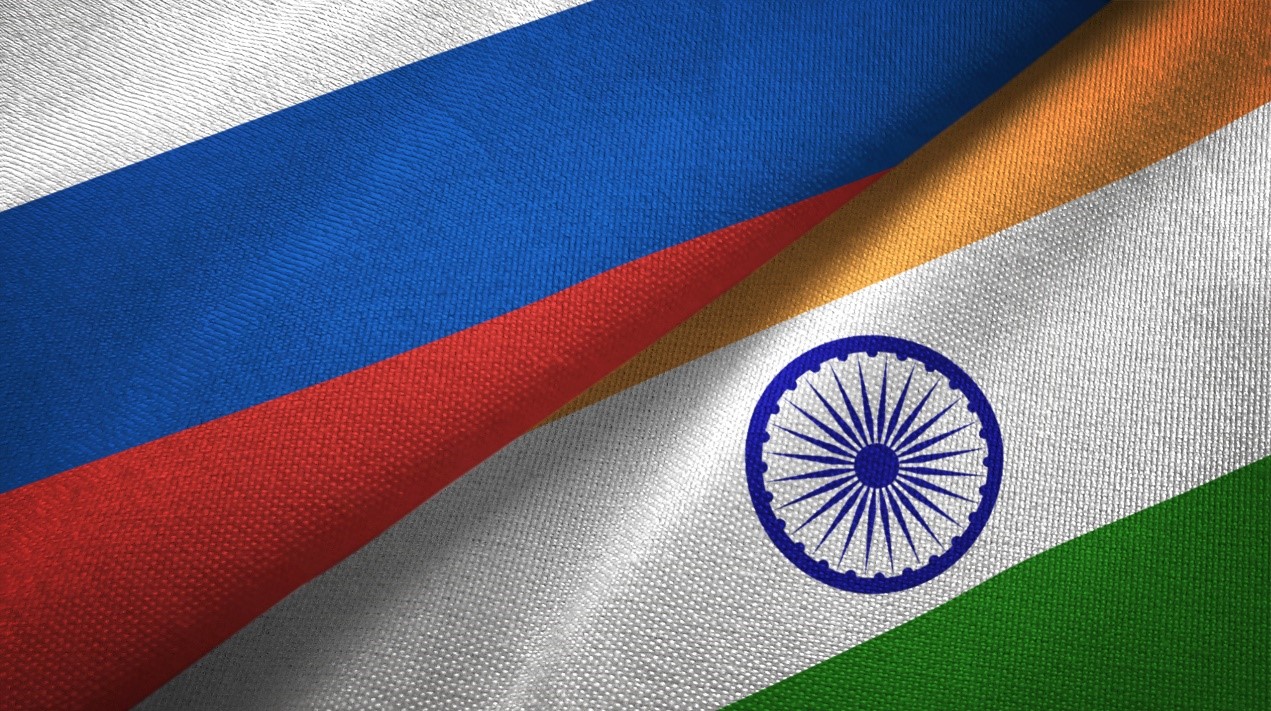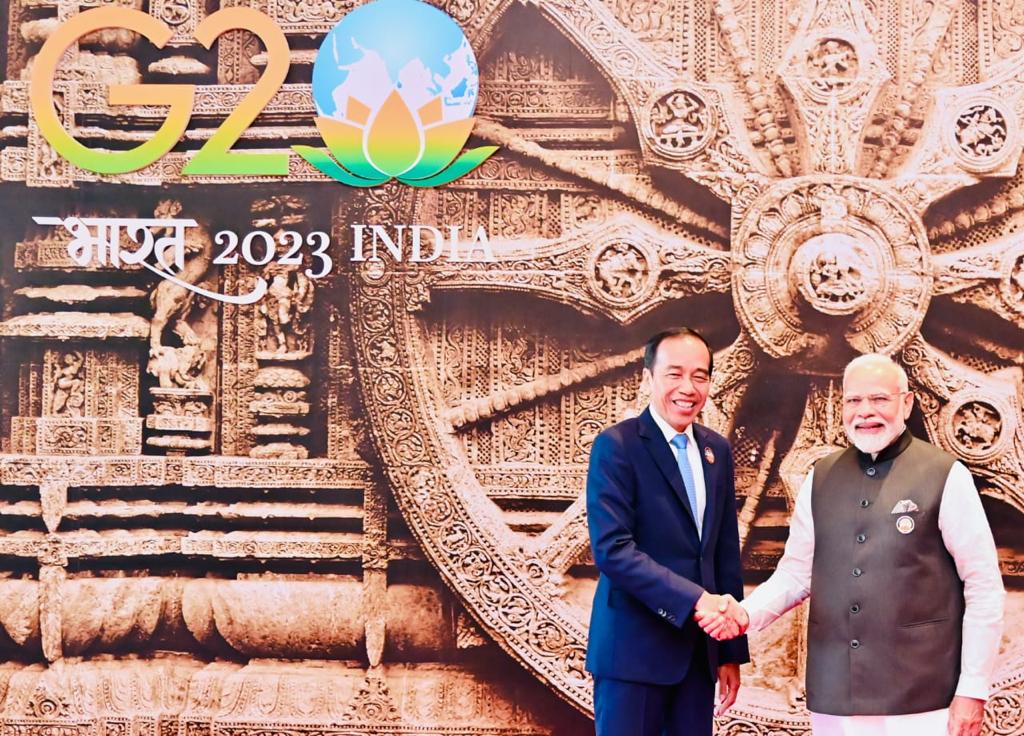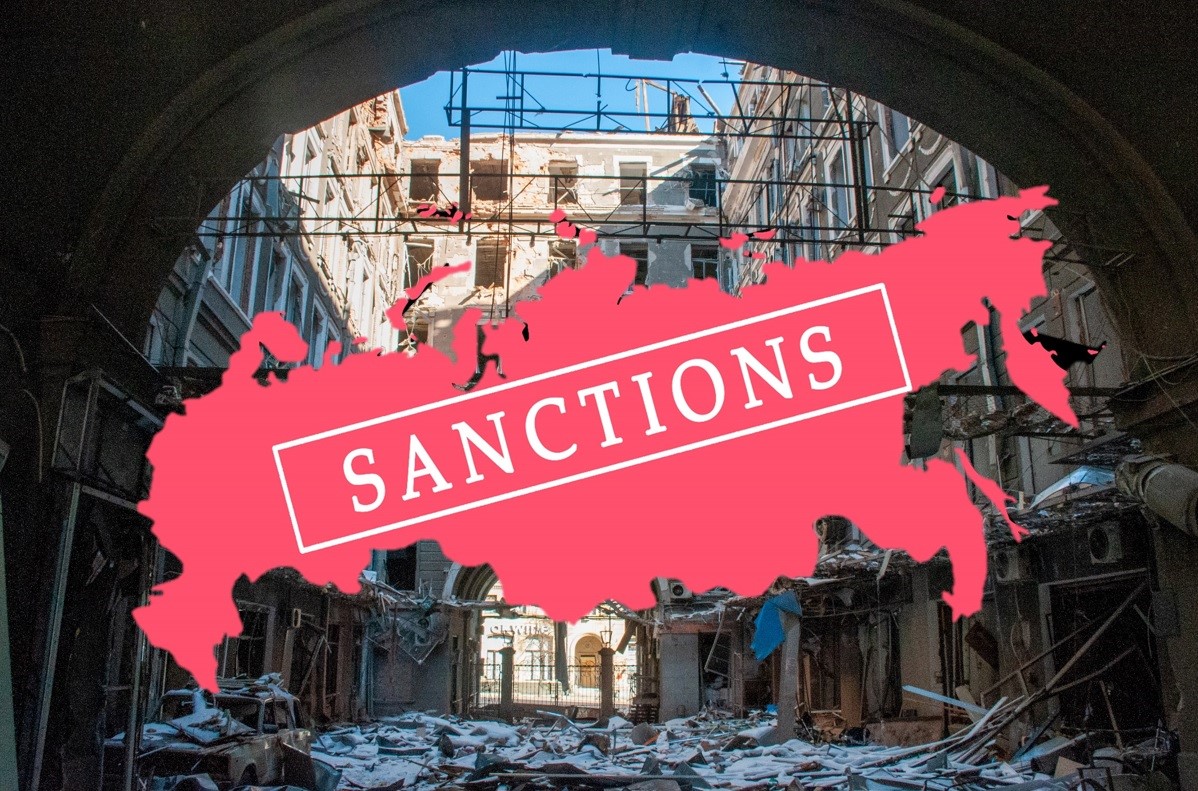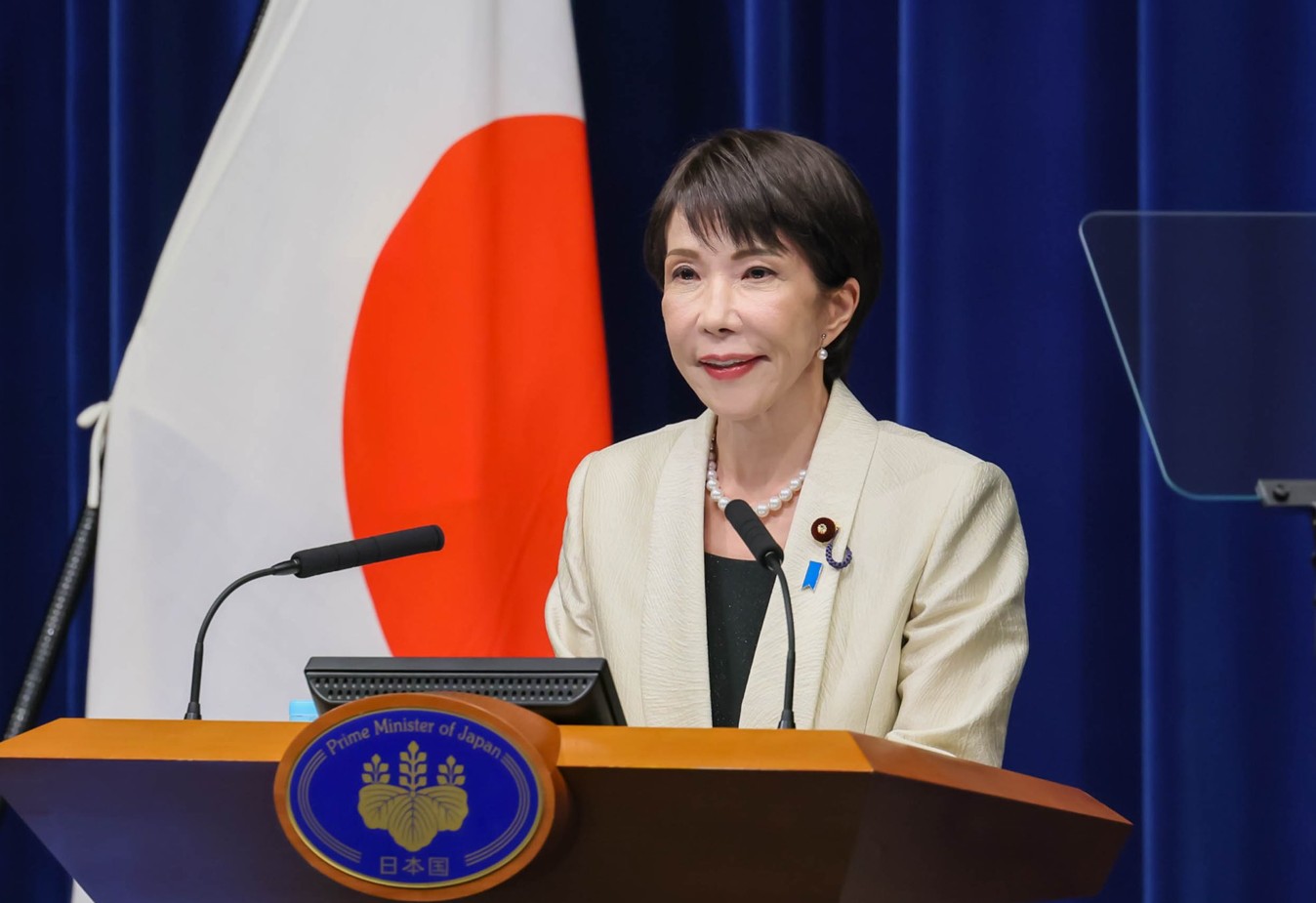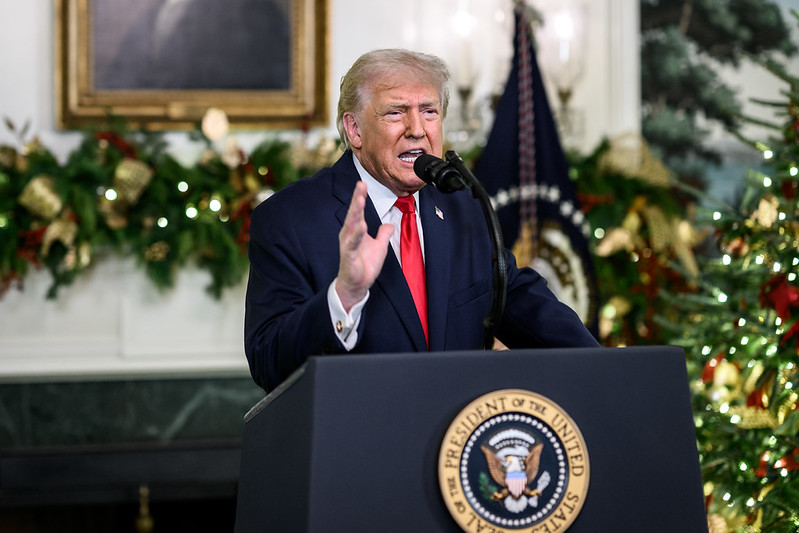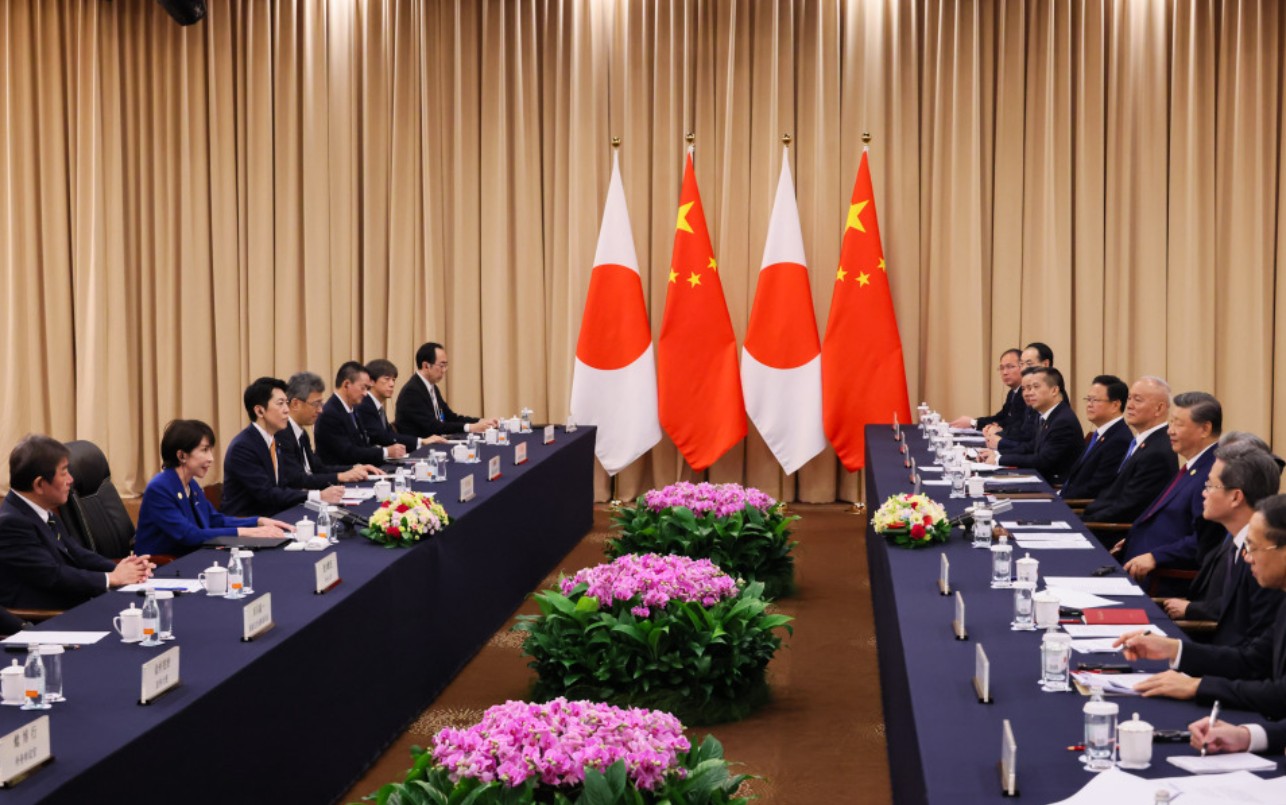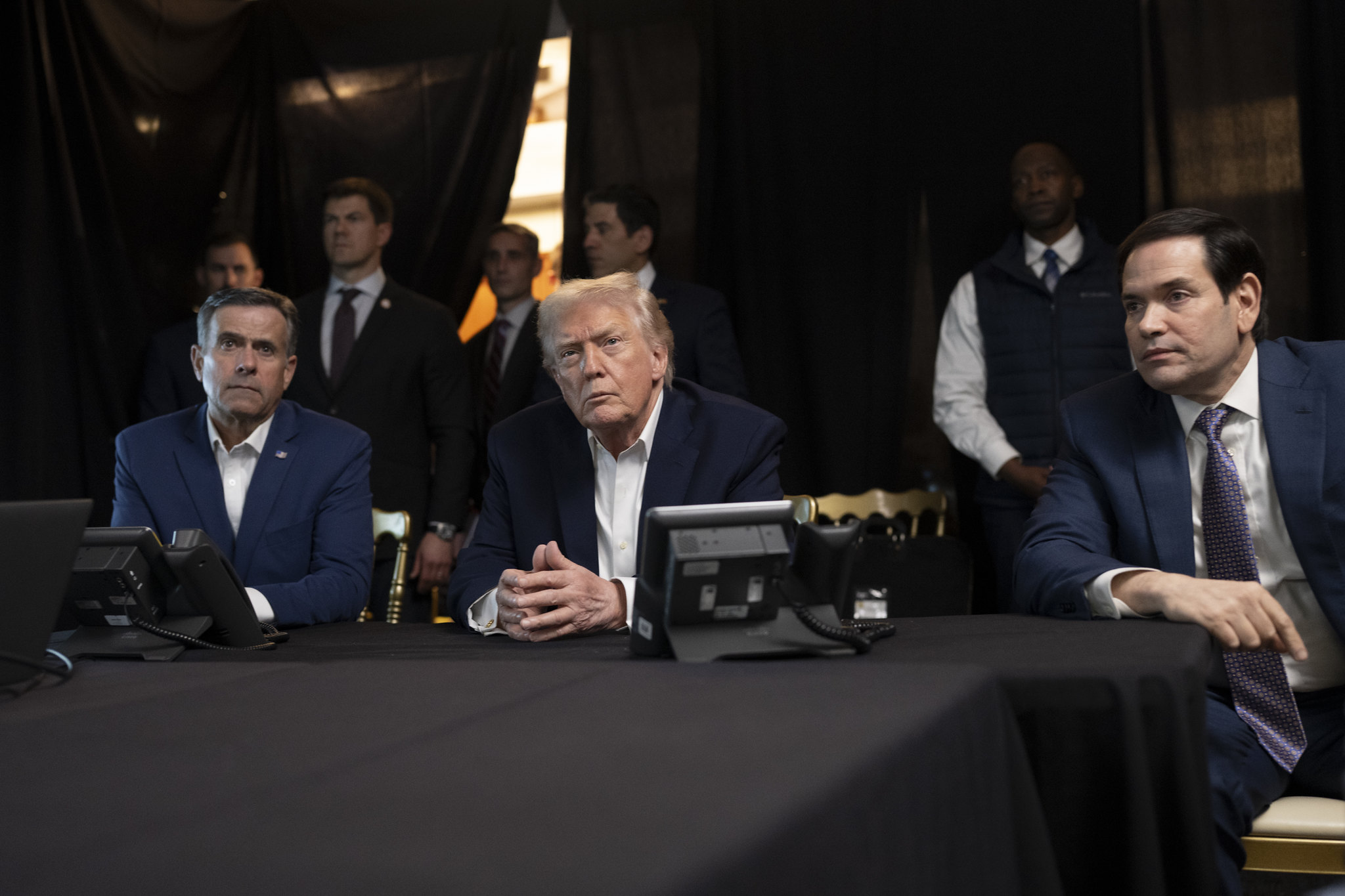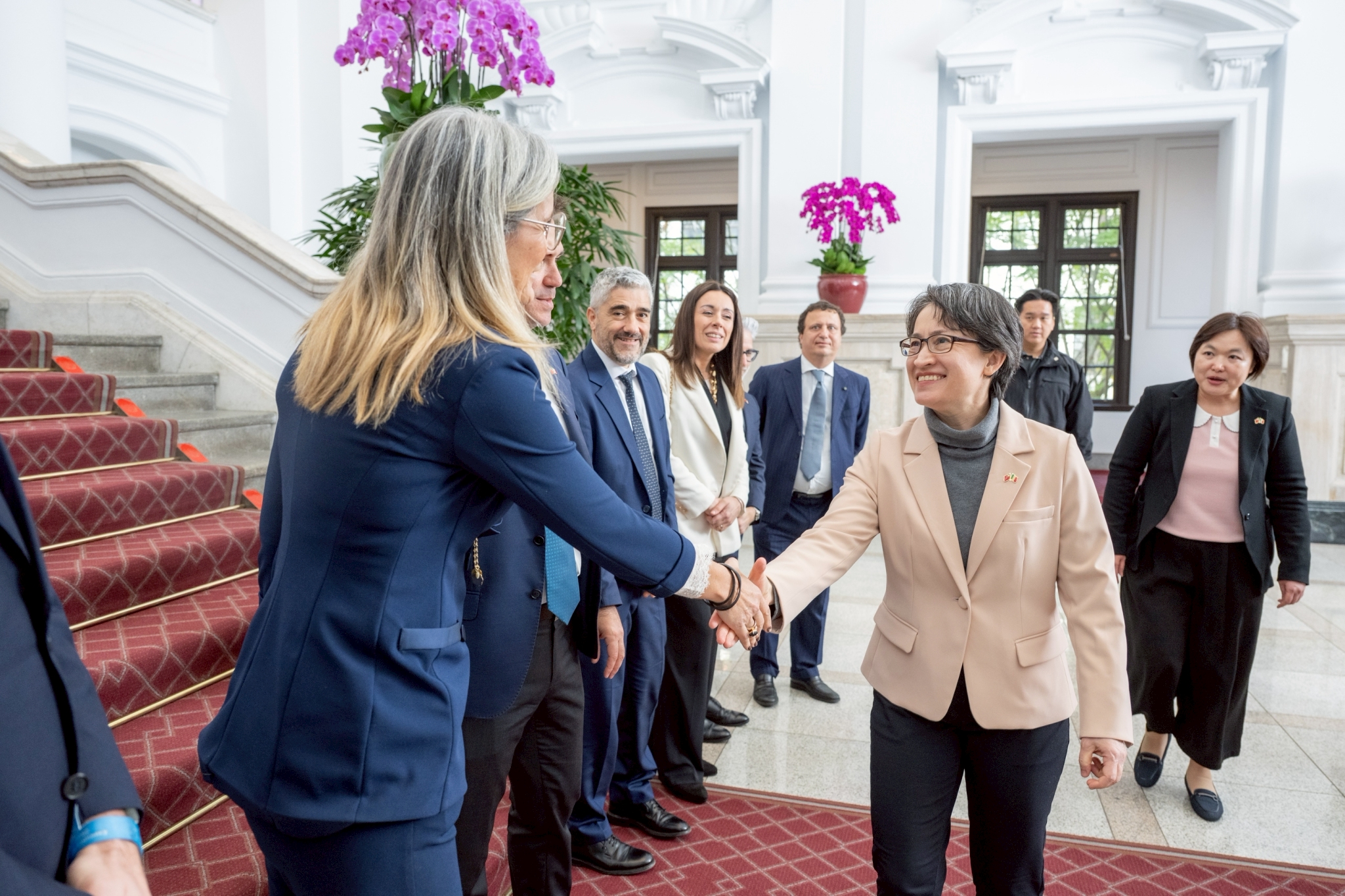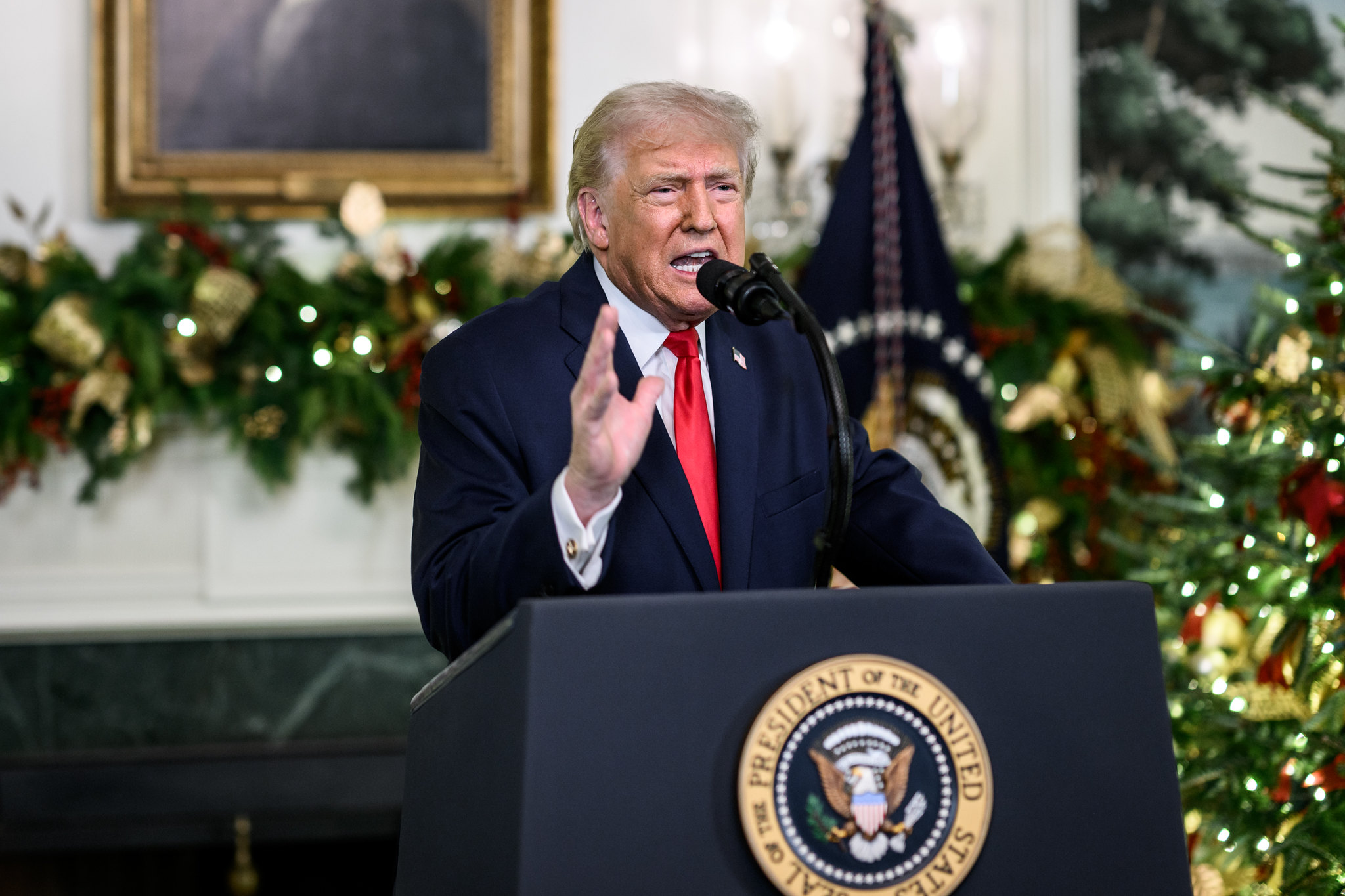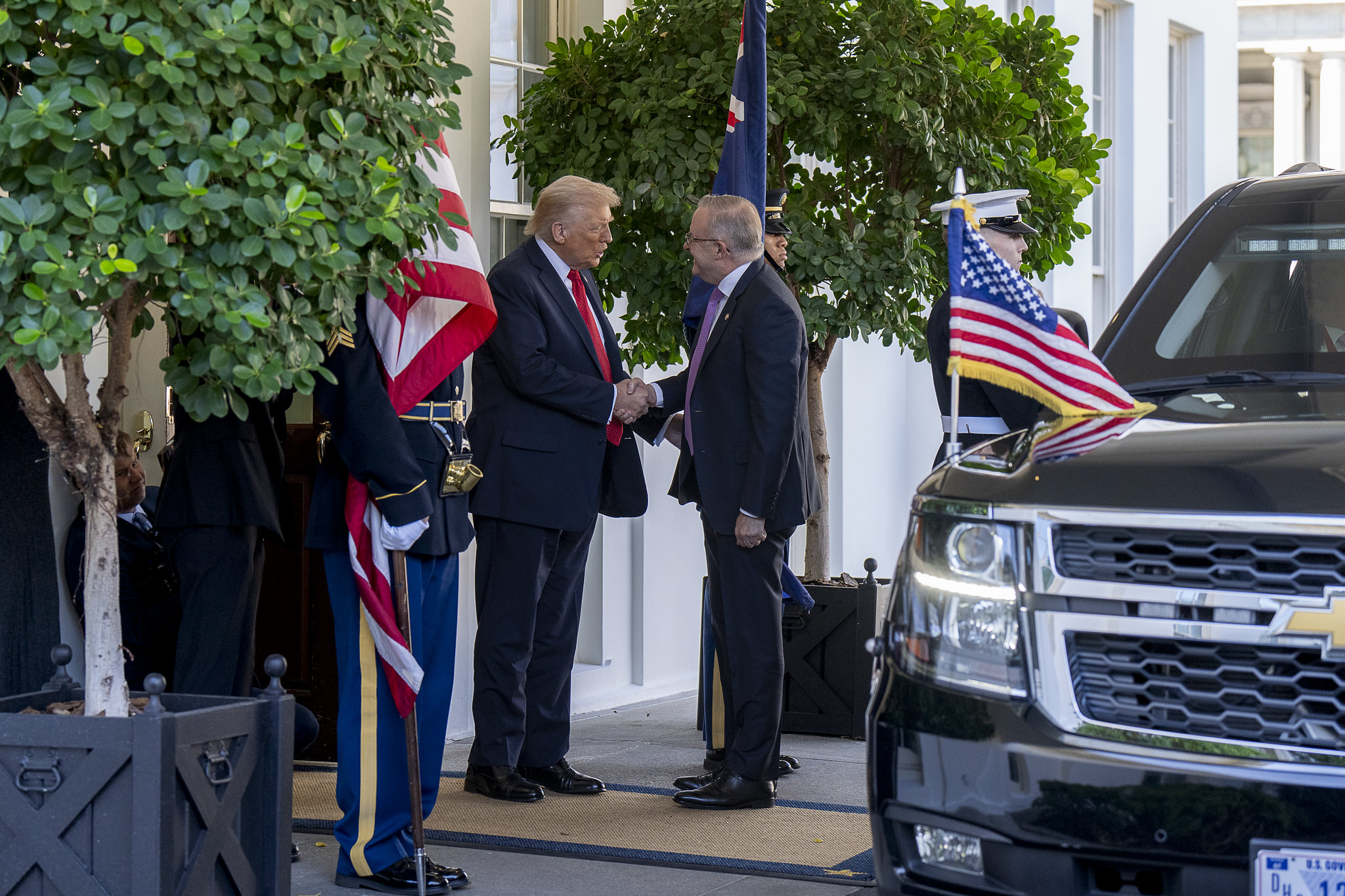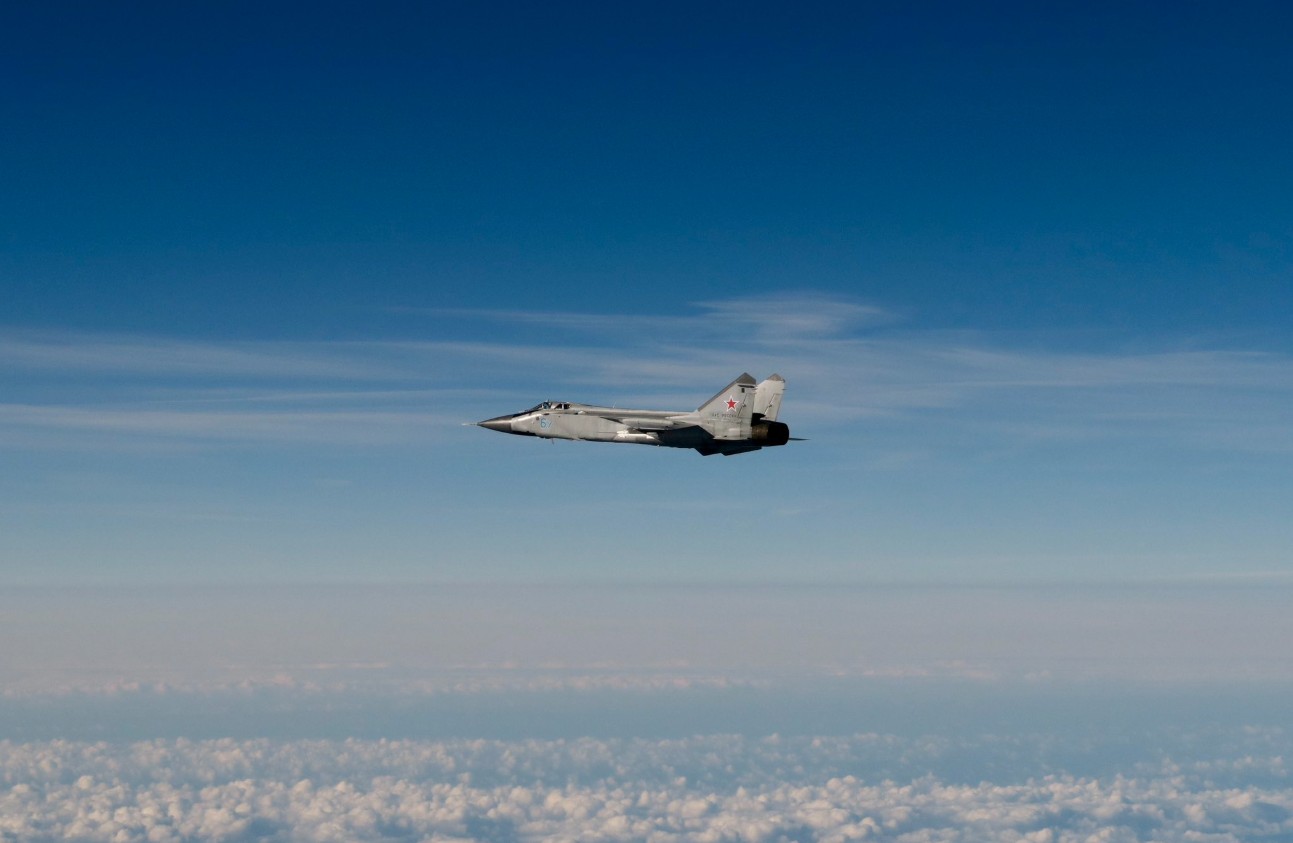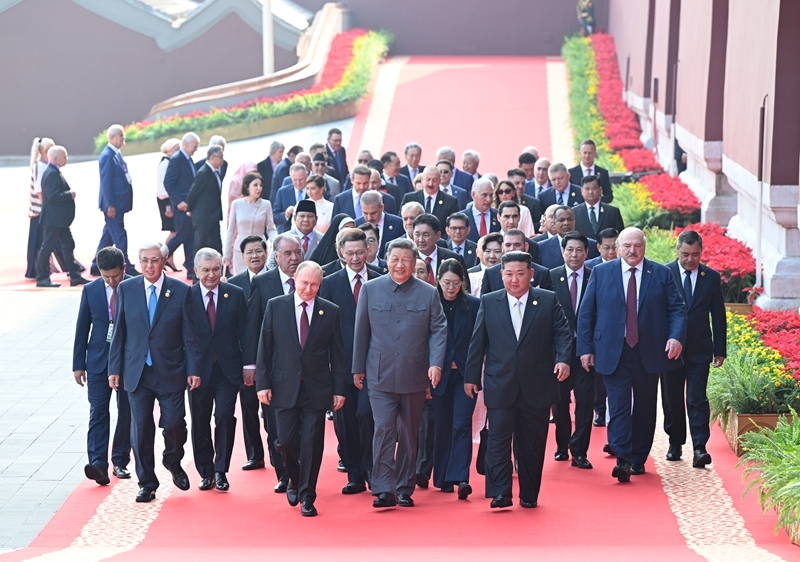Speculative Interests by Non-Alignment: Implications of India’s Position on the Russian-Ukrainian War and Future International Participation
India’s non-aligned tradition means that it is in no hurry to express its position on the controversial behavior of regional powers, and will give priority to maintaining its own national interests. But if the situation changes, India may also change its existing practices, using the tradition of non-alignment as an excuse to obtain real interests. Picture source: Depositphotos.
Prospects & Perspectives 2022 No. 21
Speculative Interests by Non-Alignment: Implications of India’s Position on the Russian-Ukrainian War and Future International Participation
By Ming-shih Shen
April 15, 2022
Foreword
Russia launched a war of aggression against Ukraine on February 24, sparking international attention and rounds of sanctions. Worried about a direct military conflict with Russia, the United States declared from the beginning that it will not send troops to assist Ukraine, though it can monitor the movements and intentions of the Russian military. This decision has made Russia more confident about its ability to invade Ukraine without having a good operational plan. Russia’s Battalion Tactical Groups directly attacked major cities in Ukraine. The major powers in Europe and the Indo-Pacific originally seemed like they would wait for the end of the war before dealing with post-war economic and reconstruction issues. But Ukraine’s firm resistance frustrated Russia’s military operations. Especially because Russia is under severe sanctions from the United States and the European Union, it needs the assistance and support of some countries who will not join the international sanction to ease the pressure of sanctions. The most obvious examples of such countries are China and India.
At first glance, it is odd that these two countries that once clashed on the China-Indian border have taken the same position on Russia’s aggression against Ukraine. Both countries abstained from voting at the UN Security Council and emergency sessions of the General Assembly. Even if they did not openly express their support for Russia’s actions, China and India used international boycotts to buy more cheap gas, and to become alternative markets for foreign exchange after Russia was kicked out of SWIFT, which appears to have been very profitable for both. As a result, countries that have established security mechanisms with India, such as the United States with the proposed Indo-Pacific strategy or QUAD countries, may lose their trust in India’s commitment to security cooperation. Although the U.S. will not impose sanctions on India, there will be reservations in the degree of future cooperation.
India has a past tradition of non-alignment but was clearly close to the Soviet Union in the late stages of the Cold War. After 2003, the United States actively cultivated India, and military cooperation deepened. But at critical moments, such as the Quartet Security Architecture Summit, India has not highlighted the threat from China; and in Russia’s war of aggression against Ukraine, India has not condemned or expressed its position for a long time. The Indian ambassador to the United Nations did eventually condemn the Russian massacre at Bucha and called for an investigation, however. India’s attitude toward Russia is not to distance itself under the policy of non-alignment, but India is likely to defend its national interest first, ignoring the values of justice and human rights.
India’s position on the Russian-Ukrainian war
For many countries, the wars caused by sovereignty disputes or ethnic conflict are usually difficult to define because of historical grievances, and it is difficult for the outside world to resolve conflict short of peacekeeping mission. In particular, India and Russia have had a traditional friendship since the Cold War. Even if the Cold War ended and the United States actively attracted India, India retained some elements of its Cold War alliance with Russia. In addition, India’s main weapons systems are from the former Soviet Union, while new weapons acquisitions from and traditional security cooperation with Russian have continued.
More importantly, India and Russia do not have any territorial disputes or historical grievances, thus diplomatic cooperation and collaboration on defense and technology will continue. Even if the U.S. actively strengthened cooperation with India, it would not have much impact on India’s relations with Russia. Furthermore, India’s continued economic development is heavily energy reliant. When the United States and Europe implemented severe sanctions against Russia, based on its past friendship India chose not to follow suit. India attempted to obtain cheap energy from Russia by adopting a neutral position while seeking to avoid being blamed. India’s behavior notwithstanding, the United States, Japan and Australia will still maintain the framework of the QUAD for Indo-Pacific security.
To sum up, India’s non-aligned tradition means that it is in no hurry to express its position on the controversial behavior of regional powers, and will give priority to maintaining its own national interests. But if the situation changes, India may also change its existing practices, using the tradition of non-alignment as an excuse to obtain real interests.
India regards Russia’s defense resources as a security lifeline. Consequently, it took a dynamic balance approach on the surface, but that approach was based on India’s real interests. Even if India’s expansion into the Russian oil market makes the EU and the U.S. unhappy, India and Russia will not form a military alliance. For China, meanwhile, it will be rather hard to use this situation to divide cooperation between India and Western countries, because the border conflict between China and India has made it difficult to eliminate the confrontation and hatred between China and India in the short term. India still needs cooperation and multilateral mechanisms to deal with possible future conflict with China.
Implications for India’s future international engagement
The formation of international institutions and organizations lies in mutual benefit, and the power of international organizations reduces the impact of conflicts or major events on national interests. Although participating countries have different capabilities and resources, most of them will provide various assistance with a high degree of consensus. Today you help others, with the expectation that others will help you tomorrow. If India excessively pursues practical interests and ignores or is unwilling to assume its due obligations, it will erode the trust of other cooperating countries and reduce the possibility of mutual assistance.
If India wants to become a global power or join the UN Security Council as a permanent member, it will have to undertake more international obligations to help deal with international conflicts. When India participates in international establishments such as the Shanghai Cooperation Organization, the QUAD, and BRICS, it cannot only play the role of recipient, but must actively participate and contribute its resources and commitment to other countries. If India’s behavior deviates from the international community, even if it gets some energy benefits, it will cause great harm to its international image. For example, India can obtain cheap energy during the Russian-Ukrainian war; however, if Russia clearly violates international and humanitarian law, India must express its condemnation, otherwise it will lose the support of major countries worldwide.
The U.S. Indo-Pacific strategy emphasizes cooperation with India. Thus, even though India did not condemn Russia’s actions and kept purchasing Russian gas amid international sanctions, the United States, Japan Australia and other countries still met with Indian Prime Minister Narendra Modi to discuss regional issues and future cooperation. This shows these countries’ understanding of India’s energy needs and dynamic position. The issue of the Russia-Ukraine war may be very important to the United States, but for Indo-Pacific countries, under the common threat from China, the impact of the Covid-19 pandemic, defense buildup, economic development and the national interest may be more urgent. Therefore, Indo-Pacific countries have not made excessive demands on India’s position regarding the war in Europe. Still, India must consider the possibility that Russia could lose the war and see its national strength decline as a result., Meanwhile, China could continue to narrow the gap with the United States, and the China-India border conflict will inevitably arise again — and next time, India may not be able to counter China’s aggressive attempts.
Furthermore, when Russia declines and China becomes the primary strategic target of the United States, India could gain more geostrategic benefits, or fundamentally resolve its border conflict with China, through multi-security cooperation. However, India’s strategic decision-makers only seem to care about the short-term interests, and have not seen the strategic opportunities that are already forming due to the changes in the global geo-strategic environment brought about by the Russian-Ukrainian war. This narrow strategic perspective also stems from the legacy of India’s non-aligned policy.
(Dr. Shen is Research Fellow & Director, Division of National Security Research, Institute for National Defense and Security Research (INDSR))


